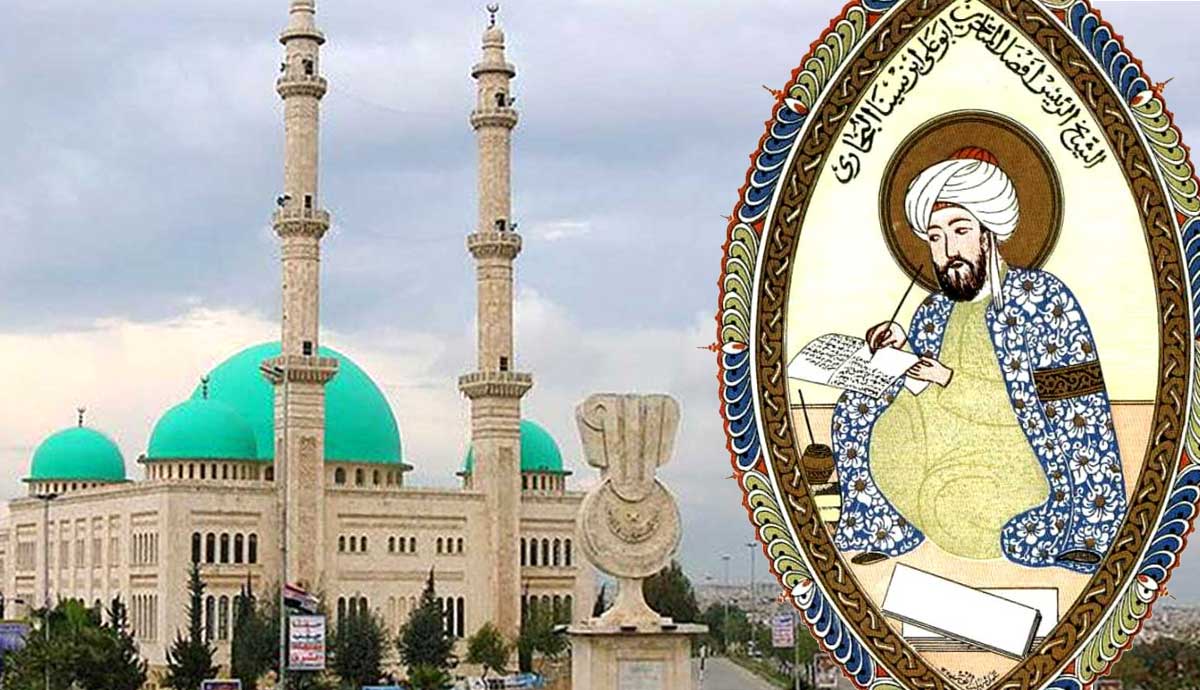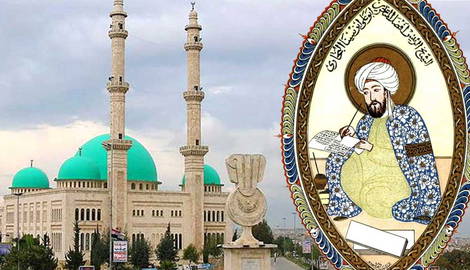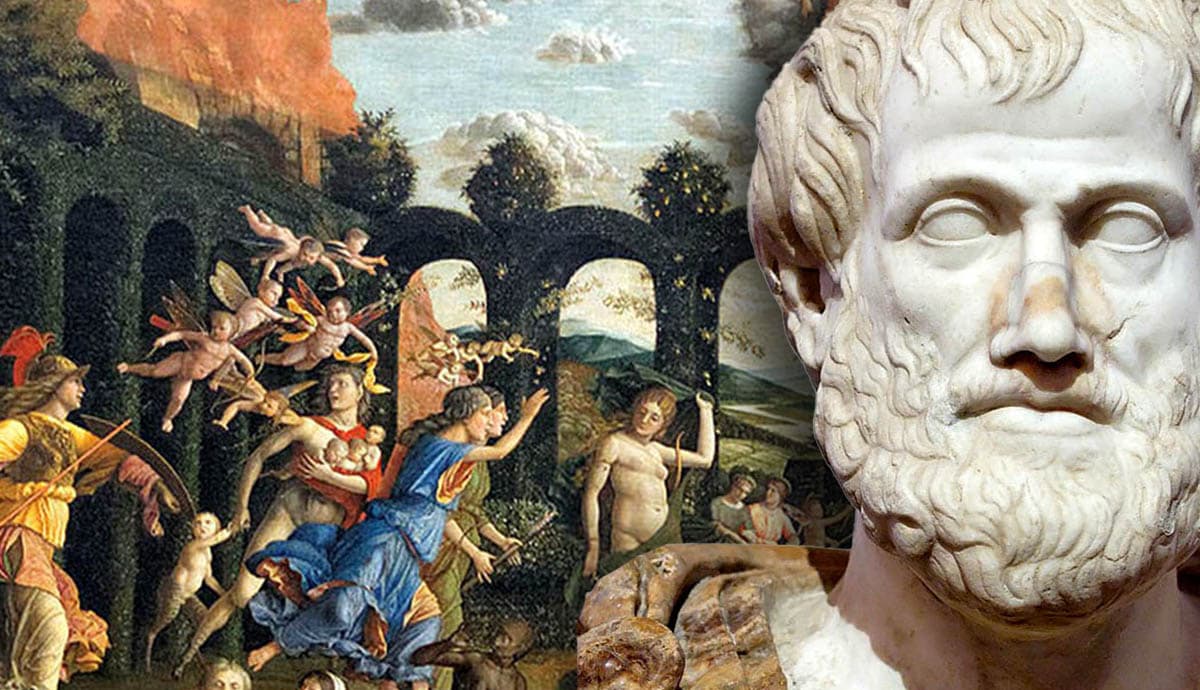
This article explores Al-Ghazali’s engagement with previous Islamic philosophy, in particular that of Ibn Sina, and hopes to explain why he argued that elements of this previous philosophy were heretical.
The article begins by introducing the two philosophers under discussion, before examining one of the three arguments that Al-Ghazali deemed to be heretical – the argument that our souls shall not return to our bodies after we die. Part of exploring this belief involves explaining how Ibn Sina drew on Aristotelian philosophy, and how those Aristotelian influences underpinned his approach to the soul.
It is worth clarifying at the outset that, when Al-Ghazali claims that some belief is heretical, this is an exceedingly serious claim. The punishment for heresy, in his view and many others of the time, should be death. It remains an open question why Al-Ghazali felt some of Ibn Sina’s work to be so disturbing, even as many other elements of Ibn Sina’s thought positively influenced Al-Ghazali’s own work.
Who Was Ibn Sina?

Among the great Muslim philosophers of the medieval period, Ibn Sina is near ubiquitously accepted to have been the most influential. His contribution includes, but is not limited to, his interpretation and reinvigoration of Hellenistic philosophy, and his impact both in this capacity and as an original philosopher in his own right extended far beyond the Islamic world.
He exerted a particularly profound influence on the development of Scholastic philosophy in Europe, of which Thomas Aquinas is the most famous adherent. It seems only appropriate that it remains unclear whether Ibn Sina’s family were Persian, Turks, Arabs or Chinese, all groups who had a substantial presence in Ibn Sina’s place of birth – Afshana, in modern day Uzbekistan. In any case, his role as a physician, political advisor and travelling scholar meant that he travelled widely through the eastern part of the Islamic world, eventually settling in Isfahan.
Who Was Al-Ghazali?

Al-Ghazali was a theologian whose engagement with philosophy proved pivotal for the development of Islam’s relationship to philosophy, the natural sciences and non-Islamic thought.
Al-Ghazali, despite engaging in critical enquiry of a kind which we would generally deem to be philosophical, considered himself to be not just a critical philosopher but a critic of philosophy itself – his magnum opus is still widely considered to be his ‘Refutation of the Philosophers’ of whom the most prominent advocate at the time was undoubtedly Ibn Sina.
The ultimate grounds of his criticisms of philosophy – even of philosophy written by fellow Muslims and intended to be commensurate with Islam – was that philosophy was anti-Islamic, and that many philosophical doctrines were heretical. Yet, Al-Ghazali is generally understood to have responded in this way only partly in order to reject certain philosophical doctrines. He was also concerned with integrating certain precepts of the philosophers (or falasifa) into Islam, where they could be considered worthwhile innovations and posed no threat to the coherence of religion or revealed truths.
Three Heretical Beliefs in Ibn Sina (According to Al-Ghazali)

There were many beliefs of the falasifa which Al-Ghazali argued were wrong, without being heretical or in any way inconsistent with Islam – indeed, some of what Al-Ghazali calls refutations are quite appreciative. There are three beliefs of Ibn Sina’s which Al-Ghazali deemed to be incompatible with Islam, and heretical. First, there is the belief that the world has no beginning and is not created in time. Second, that God’s knowledge extends only to universals, not to particular beings. Third, that after death human souls shall not return to their bodies. It is not so much that Al-Ghazali thinks that these beliefs are especially erroneous, but rather that these are those beliefs held by Ibn Sina which Al-Ghazali holds directly contradict the content of divine revelation and are liable to mislead other Muslims into holding heretical beliefs. There is a practical element to accusations of heresy.
Souls and Bodies

This article will focus on the third belief, partly because it is the most explicitly theological and partly because it allows for a straightforward discussion of how one of Ibn Sina’s main philosophical influences – Aristotle – contributed to his holding a belief which Al-Ghazali came to consider heretical, and therefore a discussion of the developing relationship between philosophy and Islam. The crux of Al-Ghazali’s criticism is as follows: the philosophers…
“…were opposed to all Muslims in their affirming that men’s bodies will not be assembled on the Last Day, but only disembodied spirits will be rewarded and punished, and the rewards and punishments will be spiritual, not corporal. They were indeed right in affirming the spiritual rewards and punishments, for these also are certain; but they falsely denied the corporal rewards and punishments and blasphemed the revealed Law in their stated views.”
Aristotle on the Mind and Soul

Ibn Sina’s view on the relationship between the body and soul not only has roots in Aristotelian philosophy, but is derived from one of the most important parts of Aristotle’s system as an alternative to Platonic metaphysics. This can be understood, in part at least, as a debate about knowledge. In brief, Plato claims that knowledge presupposes self-subsistent, separate forms. Aristotle wishes to claim that we can receive abstract concepts from sense-data, rather than a direct experience of the concepts themselves.
Aristotle’s solution was, first of all, to posit the incorporeality of the mind, or rather its dual nature as a bridge between these two worlds:
“Just as in the whole physical world there is, in each class, on the one hand matter (i.e. what is potentially all those things) and on the other something else which is the efficient cause, in that it makes them all (e.g. a craft in relation to its material), so in the sphere of the soul also there must exist this distinction. One intellect is such as to become all things, the other such as to make them all, a kind of positive state, like light: for in a sort of way light makes potential colors actual colors.”
If the mind is first and foremost a bridge between Aristotle’s two planes of existence, then its secondary function is as the place within which he could locate much of the vagueness and obscurity implied by this system:
“Our only explanation must be that mind alone enters from without and is alone the divine element. When and how and from where mind comes is a most difficult question, which we must answer carefully and as best we may”.
The Vagueness of Aristotle’s Position

This isn’t intended as a criticism – diffuseness, in the sense of something lacking any one source, is an intentional implication of Aristotelian metaphysics. That is the point of the ‘light’ analogy. The problem rather emerges when one turns to address the mind not as an instrument to solve philosophical problems, but as a problem in itself.
One such problem presents itself in the question of how our bodies and souls relate to one another after we die, and Ibn Sina’s argument is influenced by certain foundational tenets of Aristotelian philosophy without being itself definitively Aristotelian. Ibn Sina holds, first, that only an incorporeal subject can apprehend intellectual thought, for the reason that when one thinks, one becomes identical with the object of thought, meaning that our souls are incorporeal.
This is what separates our soul from our body; it is our capacity to think, which we can understand in terms of the Aristotelian ‘active intellect’ – ‘one intellect is such as to become all things’. The same cannot be said for our bodies, and so the death of the body does not necessarily lead to the death of the soul.
Al-Ghazali’s Criticism of Ibn Sina

Al-Ghazali finds this argument to be false, partly in relation to another view which he deemed heretical – namely, the doctrine of the eternity of the world. The eternity of the world is impossible on the grounds it it would involve an infinite rotation of heavenly bodies, and a similar ‘absurdity’ is required here:
“And we say moreover to the philosophers: According to your principles it is not absurd that there should be actual units, qualitatively differentiated, which are infinite in number; I am thinking of human souls, separated through death from their bodies. These are therefore realities that can neither be called even nor uneven. How will you refute the man who affirms that this is necessarily absurd in the same way as you claim the connexion between an eternal will and a temporal creation to be necessarily absurd?”
What is most interesting about this argument is not its validity as a criticism of Ibn Sina’s argument, so much as how representative it is of a changing attitude towards philosophical argument within Islam.
Certainly, it is telling that Al-Ghazali’s accusation of is not based on revelation as such, but instead seeks a logical ground, meaning that he is encouraging us to think of irrationality as offensive to God, and therefore positing a strict conjunction between religious thought and rationality, which informs much of Al-Ghazali’s later work.










